I haven’t been posting links to my external reviews lately, so here’s a round-up of the most recent four: all books that are worth your time.
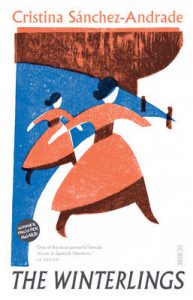 The Winterlings by Cristina Sánchez-Andrade (tr. Samuel Rutter). Twenty-five years after being evacuated to England, two sisters return to the Galician parish of their childhood. The place is otherworldly to them, but they also have a glamour of their own – and so mystery encroaches on the reader from all sides. Reviewed for European Literature Network.
The Winterlings by Cristina Sánchez-Andrade (tr. Samuel Rutter). Twenty-five years after being evacuated to England, two sisters return to the Galician parish of their childhood. The place is otherworldly to them, but they also have a glamour of their own – and so mystery encroaches on the reader from all sides. Reviewed for European Literature Network.

Beast by Paul Kingsnorth. Second part of the thematic trilogy that began with The Wake. This volume is set in the present day, and focuses on an Englishman in search of his place in the landscape. A strange creature haunts the corner of his eye, and his language grows more primal as he heads further into hallucination. Reviewed for Shiny New Books.
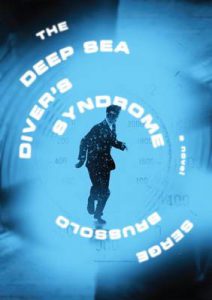 The Deep Sea Diver’s Syndrome by Serge Brussolo (tr. Edward Gauvin). A tantalising slice of weirdness set in a reality where art is retrieved from the depths of dreams. One man believes that the dream realm has its own objective existence – and he’ll risk his very self to prove it. Reviewed for Strange Horizons.
The Deep Sea Diver’s Syndrome by Serge Brussolo (tr. Edward Gauvin). A tantalising slice of weirdness set in a reality where art is retrieved from the depths of dreams. One man believes that the dream realm has its own objective existence – and he’ll risk his very self to prove it. Reviewed for Strange Horizons.

The Tobacconist by Robert Seethaler (tr. Charlotte Collins). A new novel in English from the author of A Whole Life. The tale of a young man who becomes a tobacconist’s apprentice in 1930s Vienna and strikes up a friendship with Sigmund Freud. Love begins to stir, just as the shadow of the Nazis grows. Reviewed for European Literature Network.
Like this:
Like Loading...


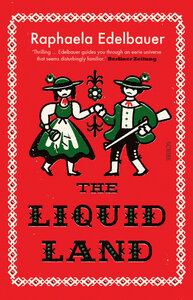
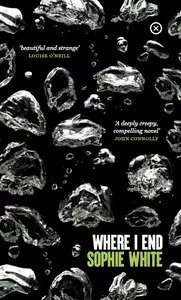
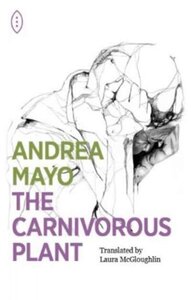


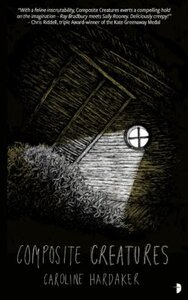
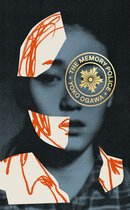

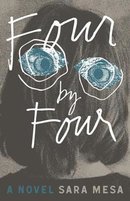





Recent Comments